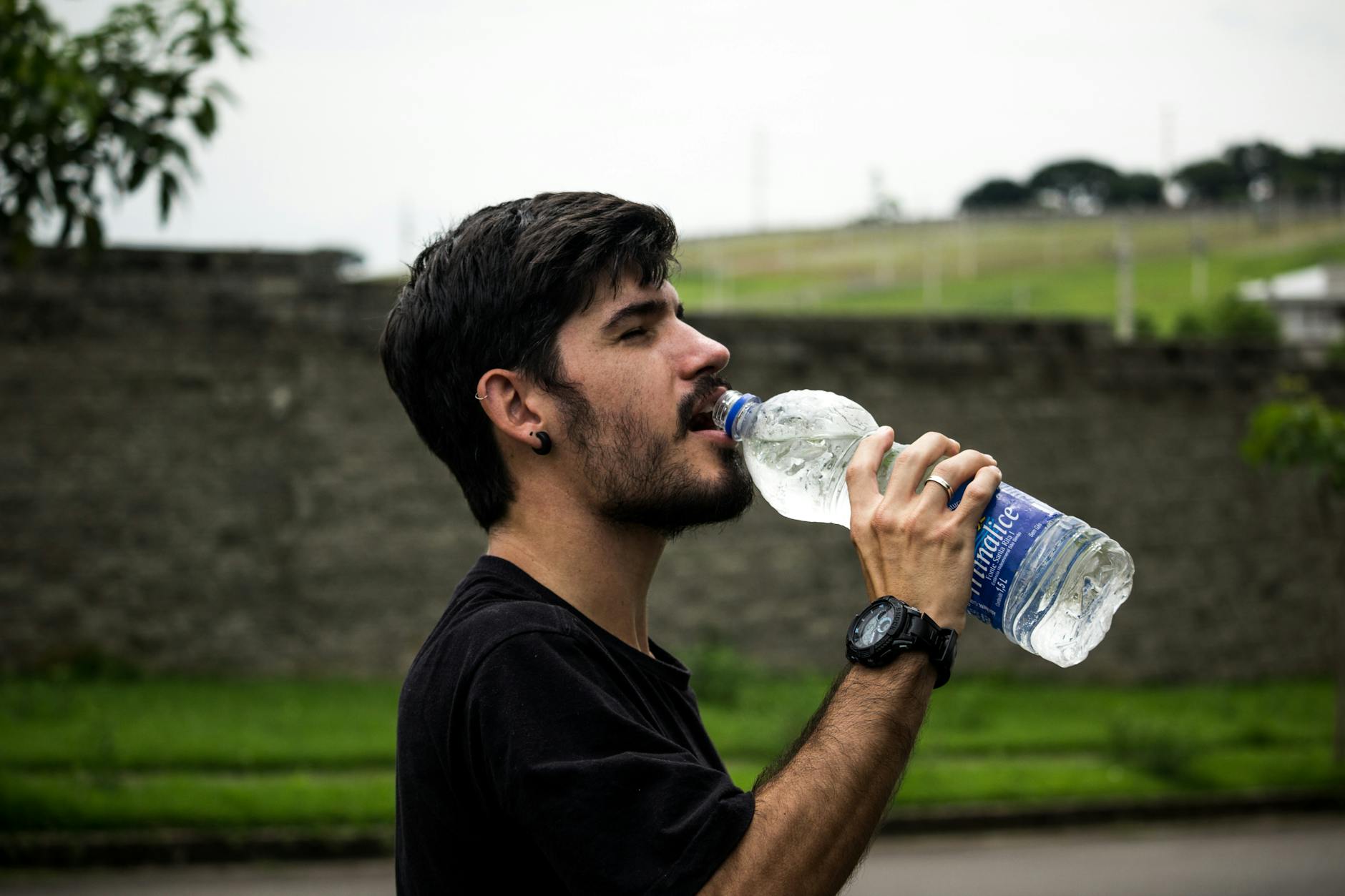
Current estimates indicate that, in India, every year 96,922 women are diagnosed with cervical cancer and 60,078 die from the disease. A sizeable proportion of patients come for treatment when they are already at an advanced stage and, therefore, at an increased risk of succumbing to the disease. This is despite the fact that cervical cancer can be prevented with vaccination.
A virus known as the Human Papillomavirus (HPV) is the causative factor in more than 99% of cervical cancers. The HPV vaccine helps the body in making antibodies which fight the HPV infection, thus, reducing the risk of cervical cancer. A two to three dose of HPV vaccine has been recommended by the World Health Organisation (WHO), the Centers for Disease Control and Prevention and the Indian Academy of Pediatrics for girls aged nine to 26 years.
This vaccine is primarily recommended in this age group for two reasons. Firstly, the body’s immune response to the vaccine is stronger in this age group. Secondly, vaccination being a preventive measure, should be offered before exposure to the HPV, that is before onset of sexual activity. Till the age of 14 completed years, only two doses of the vaccine is administered, whereas for 15 years and above, three dose of vaccine needs to be administered.
Unfortunately, despite the benefits, the uptake of the vaccine is not as expected. Lack of awareness about the vaccine and the importance of administering it at the appropriate age and misinformation to some extent are mainly responsible for the poor uptake of this vaccine. The underuse of HPV vaccine is of concern: majority of adolescents in India are missing an opportunity to prevent cancer later in life. The need of the hour is to create awareness about the disease and the availability of effective and safe vaccines. It is heartening to note that the NTAGI, the advisory body on immunisations, of the GOI, has recommended the inclusion of this vaccine in the National immunization schedule.
There is also a need of educating the healthcare professionals (HCPs) about this vaccination. Even today, a sizable number of HCPs are not convinced about the absolute need for this vaccination and hence, they never recommend it to their patients.


